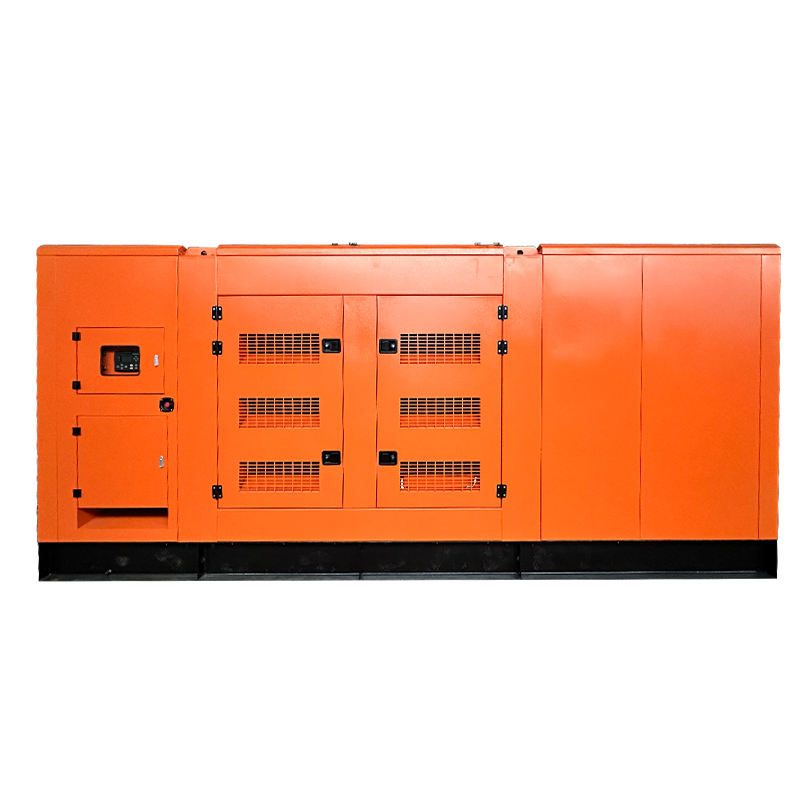Introduction
Have you ever found yourself wondering, "why is my generator so loud?" If so, you're not alone. Generator sets are essential for providing power in various situations, but their noise output can be a significant concern. To be honest, managing generator set noise levels is crucial for maintaining a comfortable environment and complying with noise regulations. In this article, we'll explore the ins and outs of generator noise, including its causes, effects, and practical solutions for minimizing acoustic impact.
The Impact of Generator Set Noise Levels
Generator noise can have various adverse effects on people and the environment. Prolonged exposure to high noise levels can lead to stress, sleep disturbances, and even hearing loss. Moreover, excessive noise can disrupt wildlife, impacting ecosystems and biodiversity. As a responsible generator owner or operator, understanding the potential consequences of generator noise is the first step towards effective acoustic management.
Causes of Generator Noise
Generator noise primarily originates from two sources: mechanical and aerodynamic. Mechanical noise is generated by the engine, alternator, and other moving parts, while aerodynamic noise results from airflow through the cooling system and exhaust. Interestingly enough, generator noise can vary significantly depending on factors such as the generator's size, design, and fuel type. By identifying the primary noise sources, you can better target noise reduction efforts.
Noise Reduction Techniques
There are several strategies for minimizing generator set noise levels. Here are some practical approaches:
Best Practices for Acoustic Management
Beyond noise reduction techniques, here are some additional tips for managing generator set noise levels:
- Follow local noise regulations: Ensure your generator complies with any applicable noise ordinances or guidelines.
- Schedule generator operation wisely: Minimize noise disturbances by running generators during less sensitive times, such as daylight hours.
- Communicate with stakeholders: Inform nearby residents, businesses, or wildlife management officials about your generator use and any noise mitigation measures you've implemented.
Conclusion
In conclusion, managing generator set noise levels is an essential aspect of responsible generator ownership and operation. By understanding the causes and effects of generator noise and implementing practical noise reduction techniques, you can minimize acoustic impact and ensure a more harmonious environment for all. So, the next time you find yourself asking, "why is my generator so loud?" you'll be well-equipped to answer that question and take appropriate action.
Next Steps
If you're ready to tackle generator noise, consider the following actionable steps:
- Assess your generator's current noise levels and identify primary sources.
- Research and invest in noise reduction solutions tailored to your generator and situation.
- Develop a comprehensive acoustic management plan, including maintenance schedules, noise regulation compliance, and stakeholder communication.





